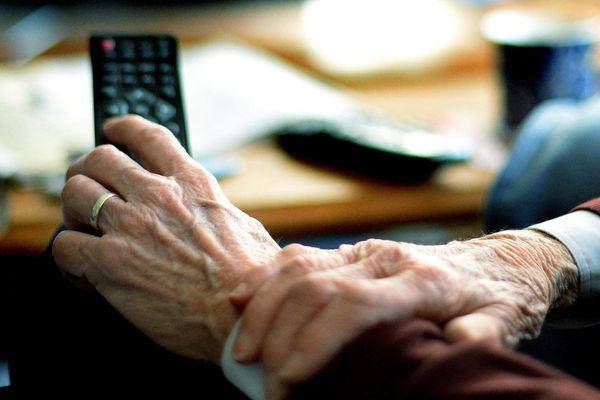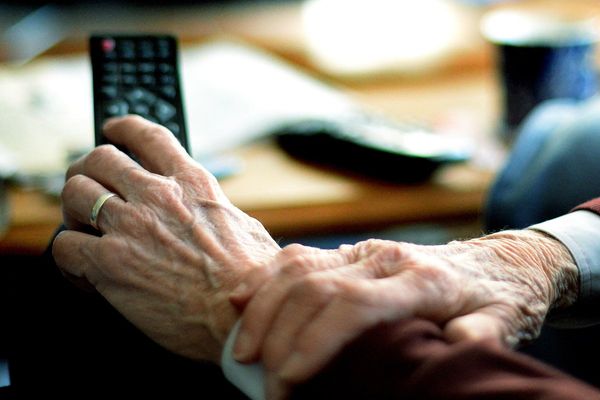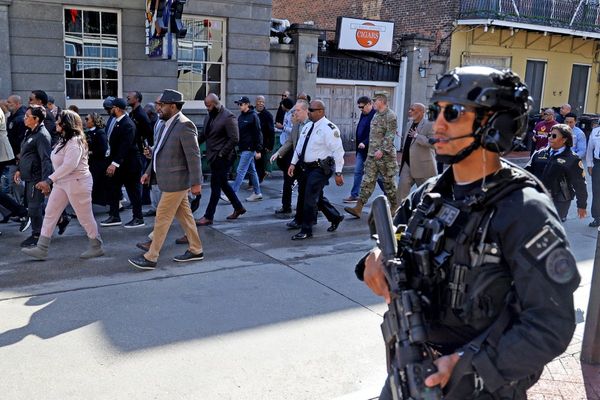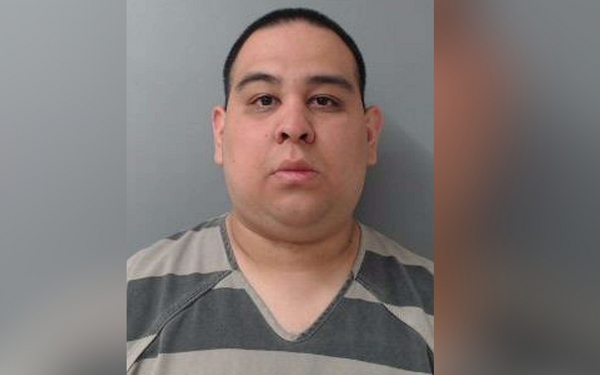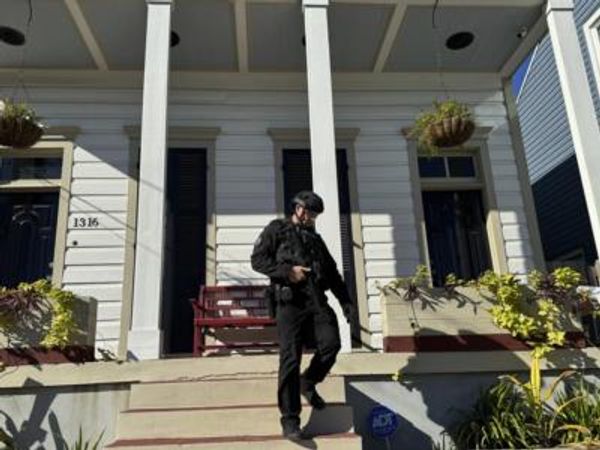
Hong Kong (AFP) - Jailed Hong Kong media tycoon Jimmy Lai will face a no-jury court when he goes on trial under a new Beijing-imposed national security law, AFP has learned.
Hong Kong Secretary for Justice Paul Lam has ordered the trial to be heard by three judges handpicked by the government to try national security cases in the latest move away from the city's trial-by-jury tradition.
A copy of the order, seen by AFP, cited the "involvement of foreign elements" in the case, the "personal safety of jurors and their family members" and the "risk of perverting the course of justice if the trial is conducted with a jury".
Trial by jury has been used by Hong Kong's common law legal system for 177 years but legislation imposed by China in 2020 to curb dissent allows cases to be heard by dedicated national security judges.
So far authorities have rejected jury trials for all three major cases that have made it to the High Court, where defendants can face up to life in prison.
Lai, 74, is one of Hong Kong's best known democracy activists and is openly loathed by Beijing.
For years his Apple Daily tabloid newspaper was scathing in its criticism of China's Communist Party and openly supportive of democracy.
It collapsed last year after its funds were frozen under the new security law and many of its senior staff, including Lai, were charged with "collusion with foreign forces", one of the new national security crimes.
On Monday, prosecutor Anthony Chau informed the court that six Apple Daily executives have indicated that they plan to plead guilty.
A guilty plea usually entitles defendants to a sentence reduction.
Two other activists linked to the case have already pleaded guitly and been convicted on the same charge.
Lai, who is currently serving a protest-related sentence, plans to plead not guilty, meaning a full trial is expected towards the end of the year or early next year, the court heard.
Last week AFP reported that the largest national security trial to date -- that of 47 prominent democracy activists -- will also be heard without a jury, citing a similar order from the justice ministry.
China says its security law has restored stability after huge and sometimes violent democracy protests rocked Hong Kong in 2019.
Critics says it has criminalised dissent and eviserated Hong Kong's freedoms.
Last month a UN watchdog said the "overly broad interpretation of and arbitrary application" of the security law had led to deteriorating freedoms and it called for the law to be repealed.
